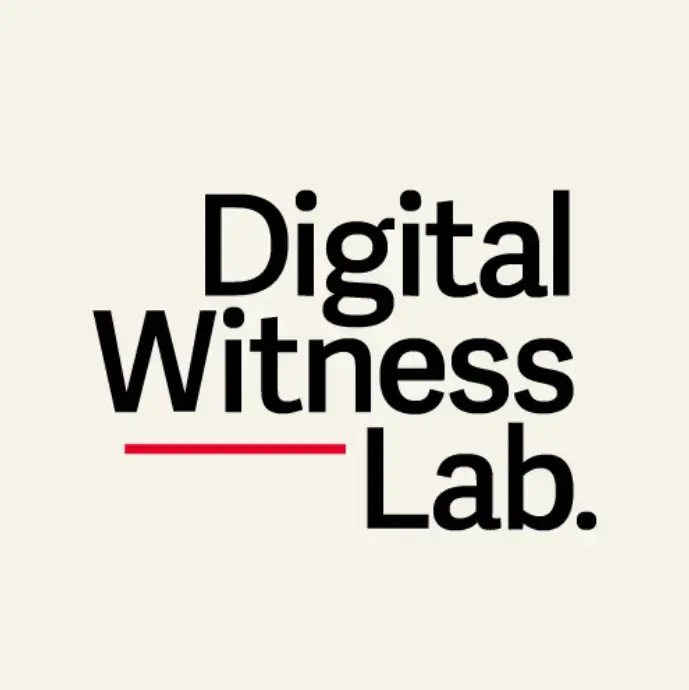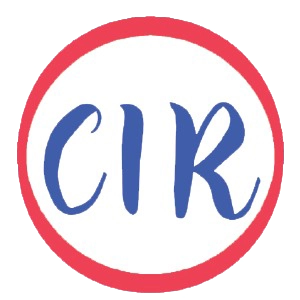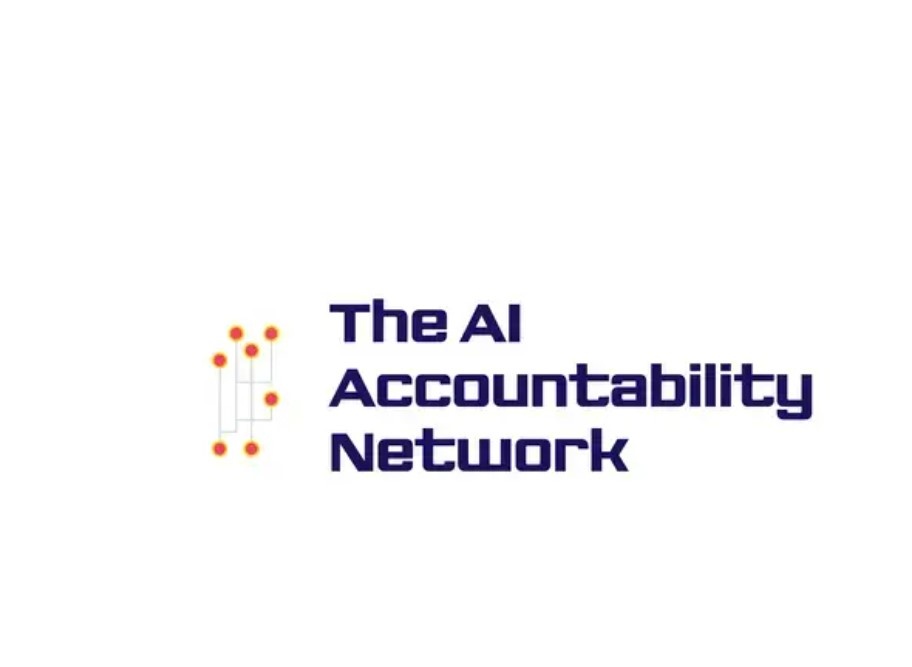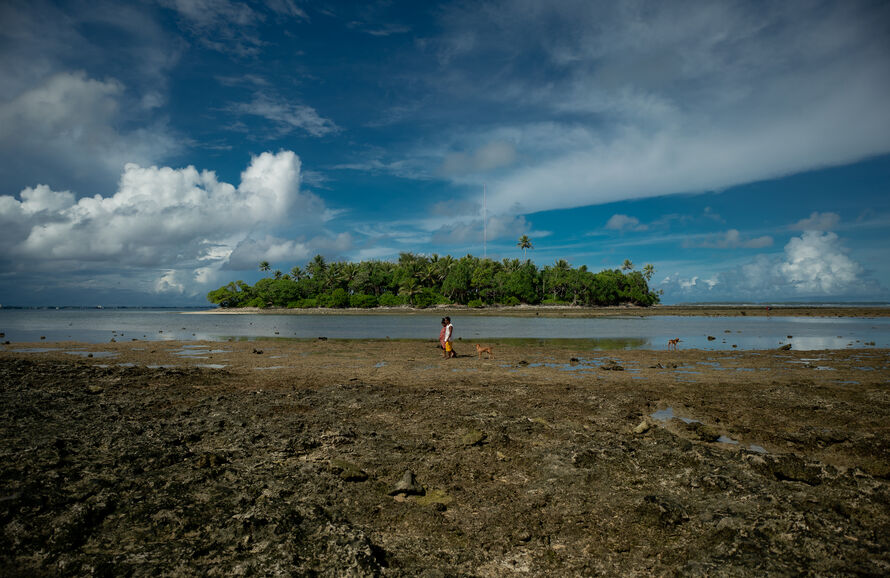The Al Accountability Fellowships seek to support journalists working on in-depth AI accountability stories that examine governments’ and corporations’ uses of predictive and surveillance technologies to guide decisions in policing, medicine, social welfare, the criminal justice system, hiring, and more. View the 2022 AI Accountability Fellows here.
Applications for the 2023-2024 AI Accountability Fellowships are now open. The deadline is July 1, 2023. Apply here.
Se abre la convocatoria de propuestas para las becas de monitoreo de algoritmos
Appel à candidatures pour les bourses du Pulitzer Center sur la Redevabilité de l’IA
GRANT OVERVIEW
We seek to support journalists and newsrooms that represent the diversity of the communities impacted by AI technologies. The Fellowship is designed for reporters from all beats, desks, and formats who want to broaden, deepen, and diversify reporting on artificial intelligence with an accountability lens.
Journalists need to apply with a reporting project they wish to pursue during their Fellowship. We encourage enterprise and accountability projects that use a variety of approaches—including data analysis, records requests, and shoe-leather reporting—to delve into the real-world impact of algorithms on policy, individuals, and communities.
In its first year, the Fellowship supported 10 Fellows reporting in 10 countries. The 2022 cohort of AI Accountability Fellows reported on themes crucial to equity and human rights, such as the impact of AI on the gig economy, social welfare, policing, migration, and border control.
While we welcome projects on a broad range of issues related to the impact of AI in society, this year we are also placing special emphasis on certain topics. We are seeking to support at least one project that examines the intersection of AI and conflict, war, and peace. In partnership with Digital Witness Lab at Princeton University, we are also recruiting one project that focuses on the role the messaging platform WhatsApp plays in influencing public discourse in a particular community. Applicants with reporting projects on these topics are strongly encouraged to apply.
The 10-month Fellowship will provide journalists up to $20,000 to pursue their reporting project. The funds can be used to pay for records requests, travel expenses, data analysis, and stipends. In addition, the Fellows will have access to mentors and relevant training with a group of peers that will help strengthen their reporting projects.
Successful applicants will be expected to join a mandatory 90-minute meeting held every month and to engage with other Fellows in virtual meetings and on the community’s dedicated online platform.
We require the sharing of methodologies and lessons learned so each story may serve as a blueprint for other newsrooms pursuing similar projects.
Here are a few AI Accountability Network projects for inspiration:
- State of Surveillance: Police Use of AI and Facial Recognition in Communities of Color | Joanne Cavanaugh Simpson
- AI Colonialism | Karen Hao
- Unlocking Europe’s Welfare Fraud Algorithms | Gabriel Geiger
- India’s Gig Workers and Algorithms | Varsha Bansal
- Are AI Hiring Tools Racist and Ableist? | Hilke Schellmann
- There Goes the Neighborhood | Lam Thuy Vo
- Peering Into the Black Box | Arijit Douglas Sen
- Eye on the Wall: Refugees and ‘Smart’ Borders | Lydia Emmanouilidou
- Tracked and Traced | WDET
- Tracked | The Associated Press

Partnership with Digital Witness Lab at Princeton University
We are excited to support a shared fellowship with Digital Witness Lab at Princeton University, whose mission is to collect real-world data to uncover how technology is being used to harm society. The team is composed of data journalists and engineers experienced in building tools that document harms such as algorithmic discrimination, spread of misinformation, and pervasive tracking of users online.
Digital Witness is currently developing WhatsApp Watch, a platform for monitoring and analyzing WhatsApp groups for misinformation, media manipulation, and other types of harm. The platform follows data minimization best practices to protect the privacy of the users in the groups we are analyzing. If you are interested in investigating the role WhatsApp plays in influencing the public discourse in a particular community, or if you want to test a novel hypothesis on how the platform might be causing a previously undocumented harm, Digital Witness is well suited to support you.
If you are interested in being considered for this shared fellowship, please indicate so in your application. The shared fellowship has the added benefit of giving the selected candidate the opportunity to be mentored by the Digital Witness team and to explore projects of mutual interest.
TO APPLY, YOU WILL BE ASKED TO PROVIDE THE FOLLOWING:
- A short statement of purpose: how this Fellowship fits in your career path and why you are best positioned to be an Al Accountability Fellow. (500 words)
- A detailed description of the reporting project you seek to pursue during your Fellowship. Please do not propose general themes, but propose a concrete project that shows some pre-reporting on the subject. A compelling, well-researched project proposal with a reporting plan will help you stand out among dozens of applicants. (500 words)
- A budget that lays out anticipated costs of the project. Categories may include records requests, software, data analysis, travel and lodging, and stipends.
- Three examples (links) of your best stories published in the past three years (not necessarily on artificial intelligence).
- A letter of commitment or interest from a media organization(s) that would publish your story(ies). If you are a staff reporter, a signed letter from your editor or newsroom manager confirming you have their support in applying for the AI Accountability Fellowship. This letter should explicitly state that your newsroom will allocate time for you to participate in the Fellowship activities and the newsroom will support publishing the stories you produce through this Fellowship. It can also include information on why your manager thinks you would be suited for this Fellowship.
- Three professional references: These can be either contact information or letters of recommendation.
- A copy of your resume or curriculum vitae.
We encourage you to submit your application early. We will schedule interviews with finalists on a rolling basis. We encourage proposals from journalists and newsrooms that represent a broad array of social, racial, ethnic, and underrepresented groups, and economic backgrounds.
FREQUENTLY ASKED QUESTIONS
Who is eligible to apply?
- Staff or freelance journalists working on a wide range of platforms, including print, radio, video, and multimedia.
- Team players with the experience and/or ability to work collaboratively across newsrooms and borders.
- Reporters with a deep interest in how AI impacts the world, and why this issue matters to our global well-being.
- Reporters willing to participate in outreach activities related to their investigations, such as events at schools and universities.
- Reporters can be based anywhere. The Fellowships are remote.
What are the benefits of becoming an AI Accountability Fellow?
- The opportunity to work on an urgent, underreported issue for a substantial period of time.
- Access to mentors and specialized training opportunities.
- Pro bono legal and public records access support.
- A community of like-minded colleagues that will continue beyond your Fellowship.
- Financial support to cover records requests, travel expenses, data analysis, and stipends.
- The opportunity to find strong collaborators for your project or future projects.
How much financial support will Fellows receive?
The Fellows are eligible to receive up to $20,000 divided in three payments. Please include a detailed budget explaining your reporting expenses. You may include a stipend to pay for your time if you are a freelancer. We expect newsrooms to pay for their staff members’ salaries.
When does the Fellowship start and how long does it last?
The Fellowship is expected to start in early September and last through July of 2024.
How detailed should my project proposal be?
Your proposal should demonstrate that you have done pre-reporting on the stories you want to pursue, including hypotheses that guide the work, data sources, and methodology. We want to see that there is an ambitious, coherent, and realistic reporting plan in place.
Is experience reporting on AI issues required?
More important than experience reporting on AI is a track record of in-depth, nuanced, and impactful reporting on issues that affect the communities you cover. Experience in investigative, data, and/or explanatory reporting is valued.
Are the requirements and/or benefits different if I am interested in the shared fellowship you offer in partnership with Digital Witness Lab at Princeton University?
The application form and requirements are the same. Please note that to qualify for the Digital Witness fellowship, your project should center on the impact of the messaging platform WhatsApp on a particular community/ies. The selected fellow will receive mentorship for their project from the Digital Witness team and will have the opportunity to explore projects of common interest with Digital Witness.
What is the Pulitzer Center’s role in the editorial process?
The Pulitzer Center will coordinate and support the Network, but Fellows and their outlets will have total editorial independence to do their work. Fellows may seek guidance and advice from Pulitzer Center editors as needed.
Will Fellows have access to mentors and training opportunities?
Yes, Fellows will have access to mentors from the Pulitzer Center network as needed, as well as training on various aspects of AI reporting by university and NGO researchers, legal and public records experts, and journalists.
Can I apply with my team?
Yes, small teams of journalists are welcome to apply, but we will still need a lead person to be the Fellow. Please explain who is on your team and what their roles are. Team members will be welcome to join training and meetings if they wish to.
Are the collaboration and training aspects of the Fellowship mandatory?
Yes, this is why we approach this initiative as a Fellowship. In the surveys we conducted before launching the program, journalists identified community and training opportunities as important needs. Working and learning with a diverse group of journalists from around the world can illuminate unforeseen connections among stories and strengthen everyone’s projects with new perspectives. If you are pursuing a good story but cannot commit to the requirements of a Fellowship, you can try applying for a regular reporting grant.
Who funds the Network?
The AI Accountability Network is funded with the support of the Open Society Foundations (OSF), Wellspring Philanthropic Fund, and individual donors and foundations who support our work more broadly. Other funders may join during 2023/2024.
Is editorial independence guaranteed?
Totally. Without any restrictions.
How should I send my proposal?
Proposals can be sent through this online form. Preferably they should be written in English, but we also accept submissions in Spanish.
When is the deadline to apply for the AI Accountability Fellowship?
Applications for the 2023 AI Accountability Fellowships are now open. The deadline is July 1, 2023.
Additional questions?
Please contact Boyoung Lim at [email protected].




